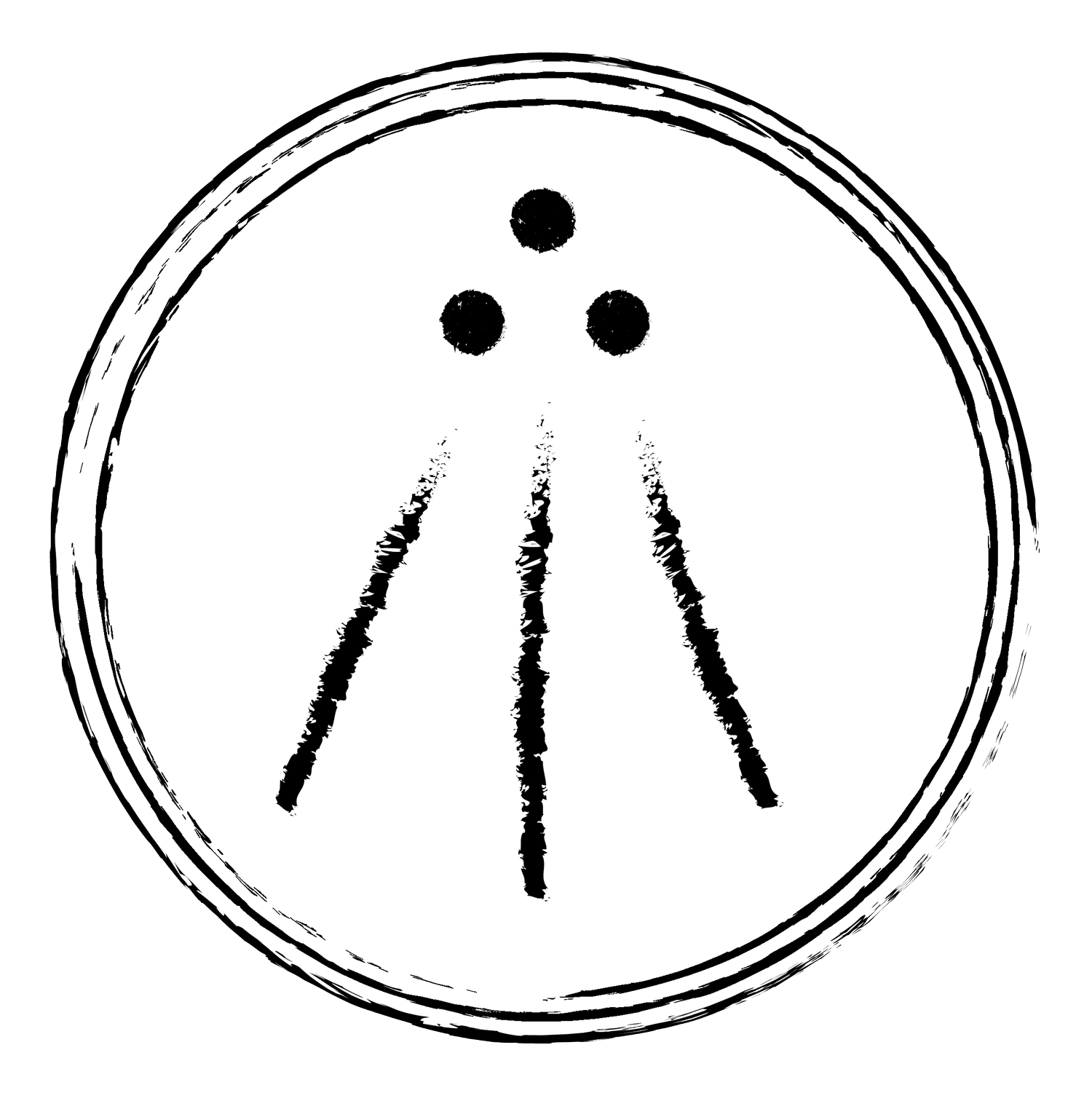what is druidry?
“Druid” is an ancient term of uncertain origins. Most believe that it means “knower of the oak,” as the oak tree is associated with wisdom, knowledge, and strength. Some say druids were originally from Greece, some say Atlantis, but the more widely accepted version is that they existed in the British Isles and spread eastward when they were accepted into Celtic society. Certainly, druids predate Christianity, the Romans (who saw them as a threat to their hegemony), and the Celtic societies of northwestern Europe. They did not build Stonehenge, but they almost certainly worshipped there. The role of Druids in Celtic society was a broad one. They provided an intelligencia, functioning as advisors, judges, priests, astrologers, and historians. Druids were teachers, healers, and poet-musicians. A high-ranking Druid might act as an advisor to a king, or seek to negotiate peace between warring clans. Modern neo-druids, unfortunately, don’t fill these roles in such a prestigious manner, but to a greater or lesser extent, they still practice them all. The druids of today seek to revive the mysteries of ancient times and to rediscover the many lost secrets of the art of magic. Neo-druids are committed to stewardship of our planet and guardianship of our endangered environment. They strive to provide an acceptable alternative for those seeking a spiritual path while setting a good example for the broader pagan community.
The Grove of the Eternal Madrone is an OBOD affiliated Grove. OBOD stands for the Order of Bards, Ovates & Druids, and is based in the UK. If you would like to learn more about OBOD, please click here.
“It’s an attitude, an understanding, an exquisitely simple and natural philosophy of living. For a great many it is a rich and ancient religion, a mystical spirituality. For others it’s simply a guiding way of life. It is absolutely open and free for anyone to discover.”
Emma Restall Orr, Druid Priestess
“What does it mean to be a Druid today? Above all else, Druidry means following a spiritual path rooted in the green Earth. It means participating in a living Western spiritual tradition drawn from many sources, including surviving legacies from Celtic wisdom teachings, but embracing the contributions of many peoples and times. It means learning from archaic traditions, from three centuries of modern Druid scholarship, and from the always changing lessons of the living Earth itself. It means embracing an experiential approach to religious questions, one that abandons rigid belief systems in favour of inner development and individual contact with the realms of nature and spirit.”
John Michael Greer, Druidry – A Green Way of Wisdom
“Druidry is a way of working with the natural world, and is not a dogma or religion … Druidry honours, above all, the freedom of the individual to follow their own path through life, offering only guides and suggestions, schemes of understanding, methods of celebration and mythical ideas — which can be used or not as the practitioner sees fit.”
Philip Carr-Gomm
